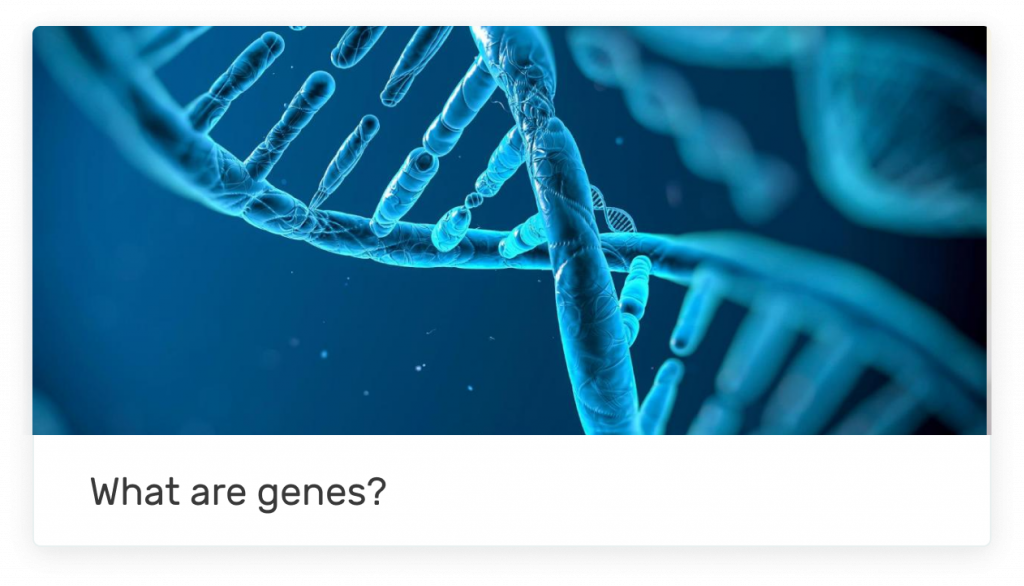
The genetic changes that contribute to cancer tend to affect three main types of genes—proto-oncogenes, tumor suppressor genes, and DNA repair genes. These changes are sometimes called “drivers” of cancer.
Proto-oncogenes are involved in normal cell growth and division. However, when these genes are altered in certain ways or are more active than normal, they may become cancer-causing genes (or oncogenes), allowing cells to grow and survive when they should not.
Tumor suppressor genes are also involved in controlling cell growth and division. Cells with certain alterations in tumor suppressor genes may divide in an uncontrolled manner.
DNA repair genes are involved in fixing damaged DNA. Cells with mutations in these genes tend to develop additional mutations in other genes. Together, these mutations may cause the cells to become cancerous.
As scientists have learned more about the molecular changes that lead to cancer, they have found that certain mutations commonly occur in many types of cancer. Because of this, cancers are sometimes characterized by the types of genetic alterations that are believed to be driving them, not just by where they develop in the body and how the cancer cells look under the microscope.
Sources:
- Courtesy of NIH National Cancer Institute: What Is Cancer, National Cancer Institute: https://www.cancer.gov/about-cancer/understanding/what-is-cancer, accessed on August 14th, 2020.
Additional Readings:
- What Is Cancer, National Cancer Institute https://www.cancer.gov/about-cancer/understanding/what-is-cancer
- All About Genetics, TeensHealth https://kidshealth.org/en/parents/about-genetics.html

